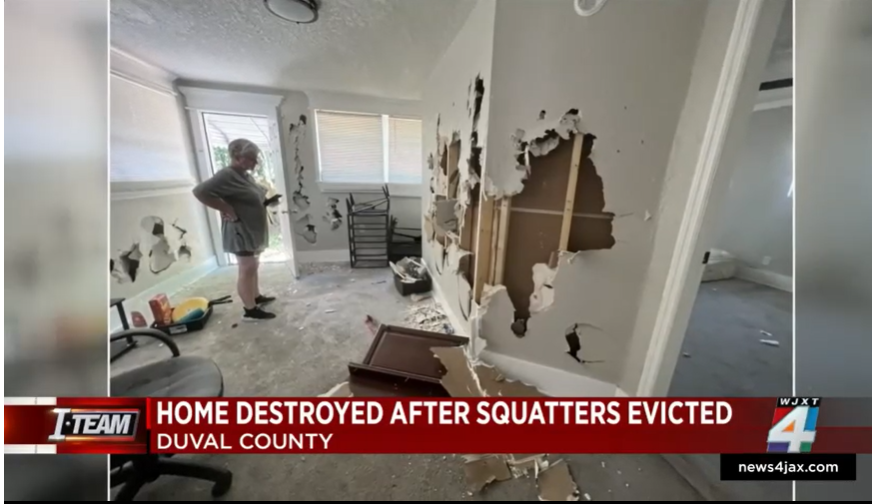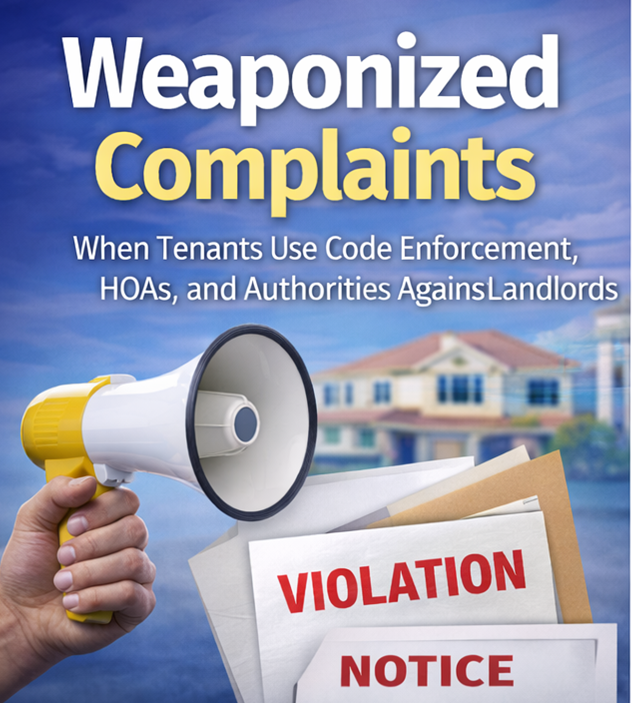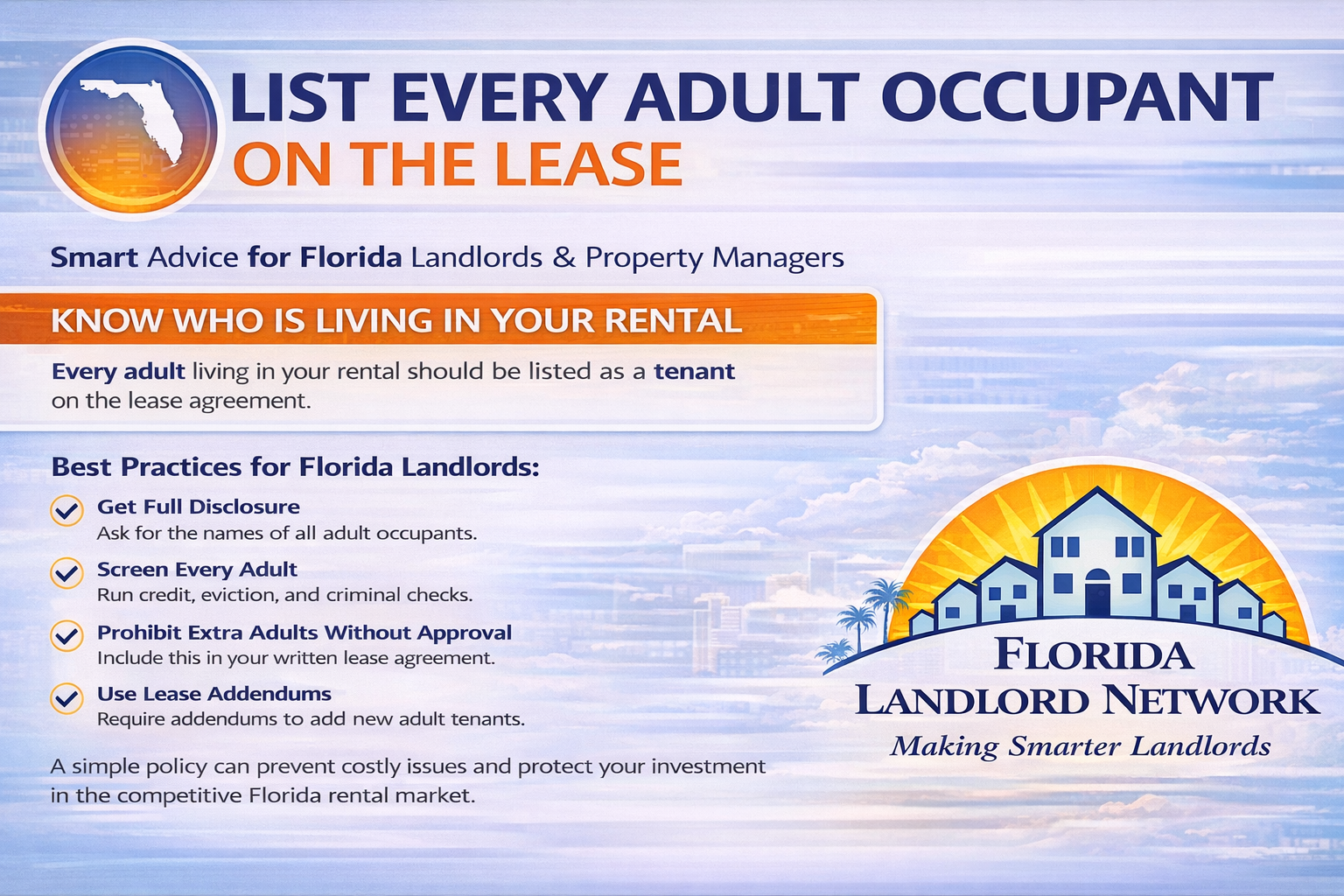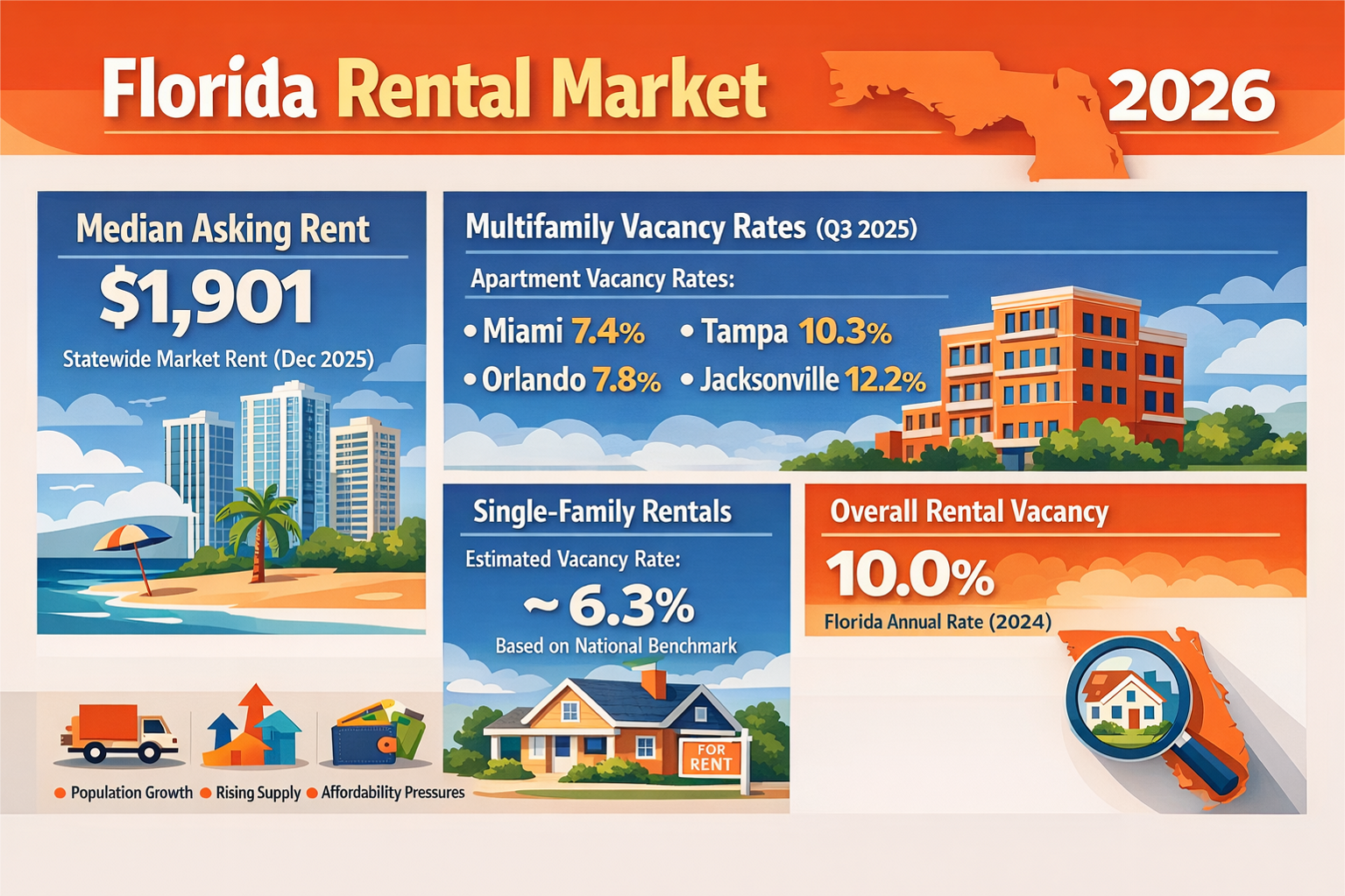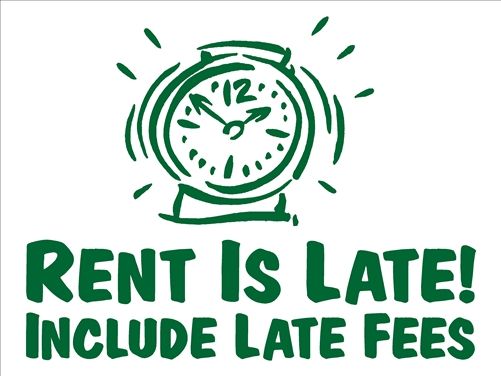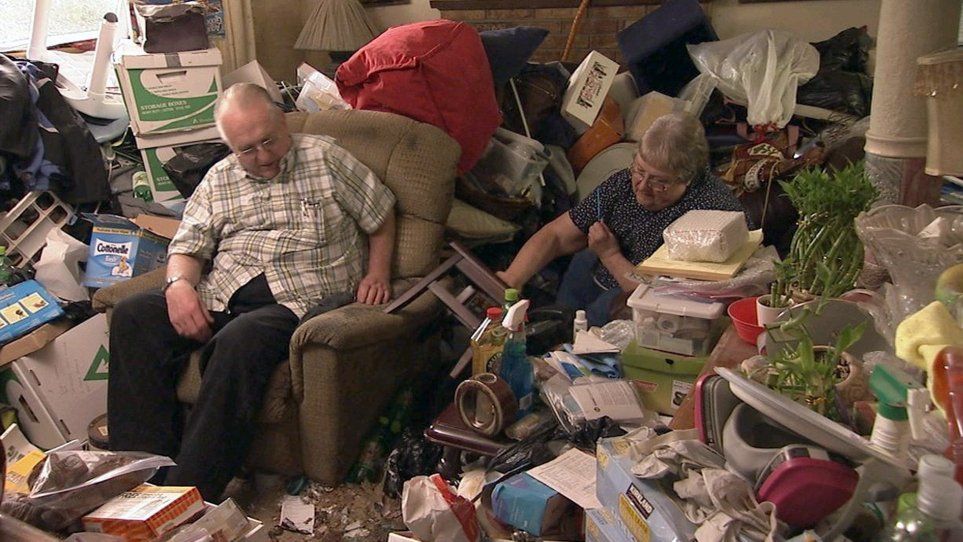
Fair Housing: Carefull! Hoarding Is a "Protected Class" Under Fair Housing Act
People with a hoarding disability are protected by Fair Housing laws and are entitled to reasonable accommodations.
People with disabilities face particular challenges when it comes to housing and have special protections under fair housing law. Disabilities include both physical and mental impairments. It may not always be obvious that someone has a disability, which can make complying with fair housing law in this area a little tricky.
In order for people with disabilities to fully enjoy their homes in your community, it may be necessary for you to make changes to community rules, policies, procedures, services, or physical structures. These changes are called reasonable accommodations and modifications.
Hoarding is a mental disability
Hoarding is a mental disability you may encounter as you work on a property. People who suffer from hoarding are protected under fair housing law and are entitled to reasonable accommodations in the same way people with other mental or physical disabilities are.
In general, you should not initiate conversations with residents with disabilities about what accommodations they may need. Instead, you should wait for them to make a request. Hoarding is a little different because it is a case where you may need to initiate discussions with the resident because the situation is dangerous or unsanitary and must be addressed.
Here are some tips to help you work with people with hoarding disabilities in a way that complies with fair housing law.
Make sure you and all employees understand that hoarding is a disability
Do not immediately begin the eviction process. People with a hoarding disability are protected by fair housing laws and are entitled to the same care and consideration you would give people with other types of disabilities.
The most common accommodation, for a person with hoarding disorder, is the written plan of action.
- Document the condition of the hoarder’s home. Using a standard assessment such as those provided by the Institute for Challenging Disorganization or the International OCD Foundation can help you do an objective evaluation. Make sure to note specific lease and code violations. Use caution and be aware of potential threats to health and safety.
- Involve your legal counsel. You will need to understand what state and local laws apply to your specific situation, and how to apply them appropriately. Do not overlook the importance of getting good legal guidance when working with hoarding situations.
- Give the resident a chance to rectify the situation. If the resident agrees to clean their home and/or seek help, develop a written plan of action. For a person with hoarding disorder, the most common accommodation is the written plan of action, which gives the resident a chance to rectify the situation at a pace that is conducive with long-term success.
Depending on state and local laws, you may be able to proceed with an eviction if the resident is hoarding animals, explosives, blocking emergency exits, or directly damaging the apartment home. Again, be sure to consult your legal counsel before proceeding with an eviction, as this can be a complicated issue to navigate with residents.
Hoarding is a mental health problem
Mental health experts say that about 15 million Americans suffer from the mental health problem of hoarding. Some interesting facts about hoarders:
- They make up 2-5% of the population;
- Anyone can be a hoarder – men, women, and even children as young as 13;
- Elderly women are the most likely hoarders;
- Hoarders are not lazy, nasty or defiant;
- The behavior usually has occurred for a long time and there is no quick fix;
- Hoarders are usually very intelligent;
- Hoarders may have a mental disability and must be given the opportunity for a reasonable accommodation, even if they do not specifically request one;
- The accommodation may be in the form of more time to bring the dwelling unit up to code before termination of the lease agreement;
- Early intervention is the best plan; and
- Trying to solve the problem without the individual’s cooperation will usually make the problem worse.
Credit: Ellen Clark of Grace Hill
Disclaimer: Nothing contained on this website constitutes tax, legal, insurance or investment advice, nor does it constitute a solicitation or an offer to buy or sell any security or other financial instrument. AAOA recommends you consult with a financial advisor, tax specialist, attorney or other specialist who is able to properly advise you.



